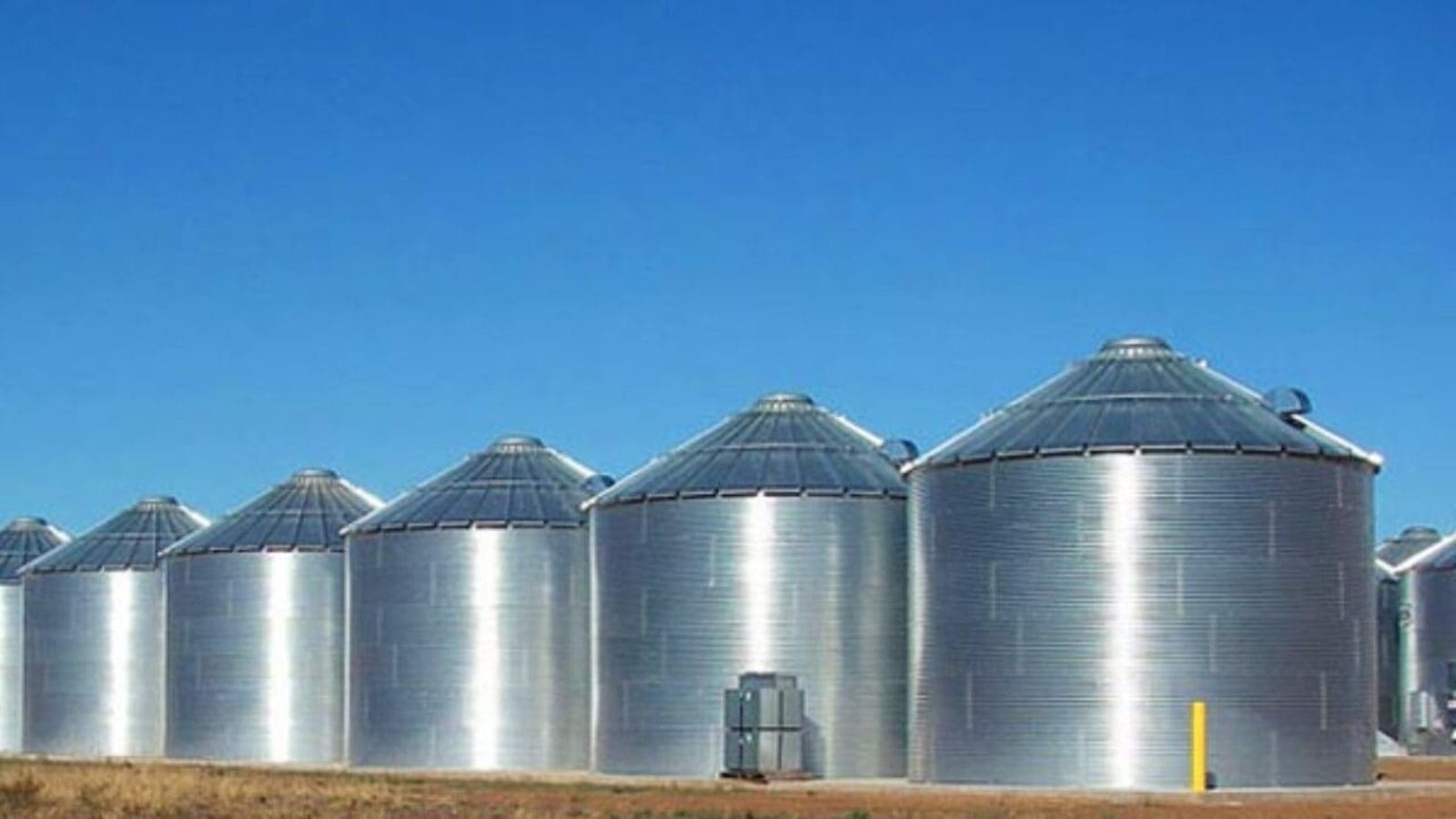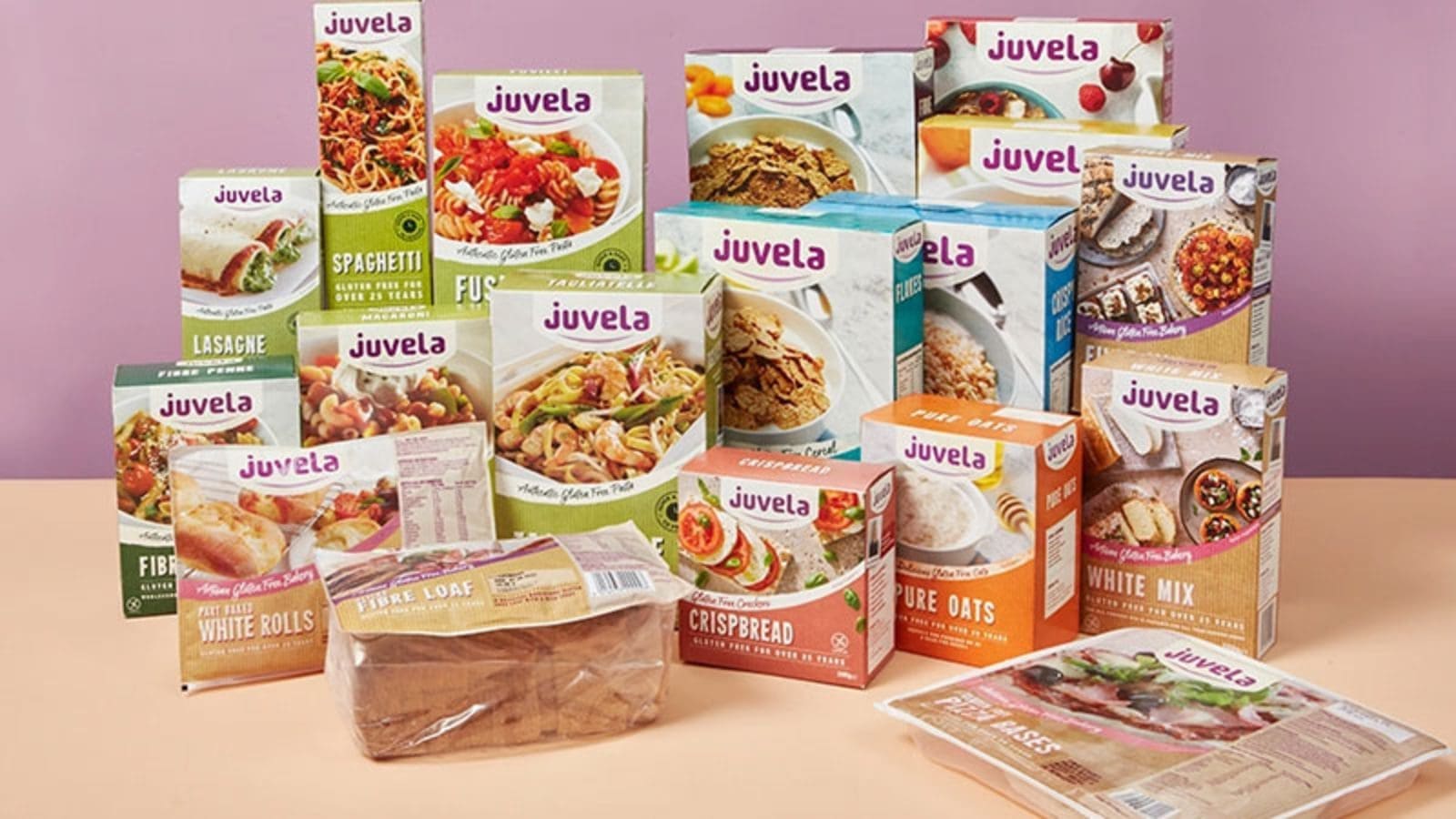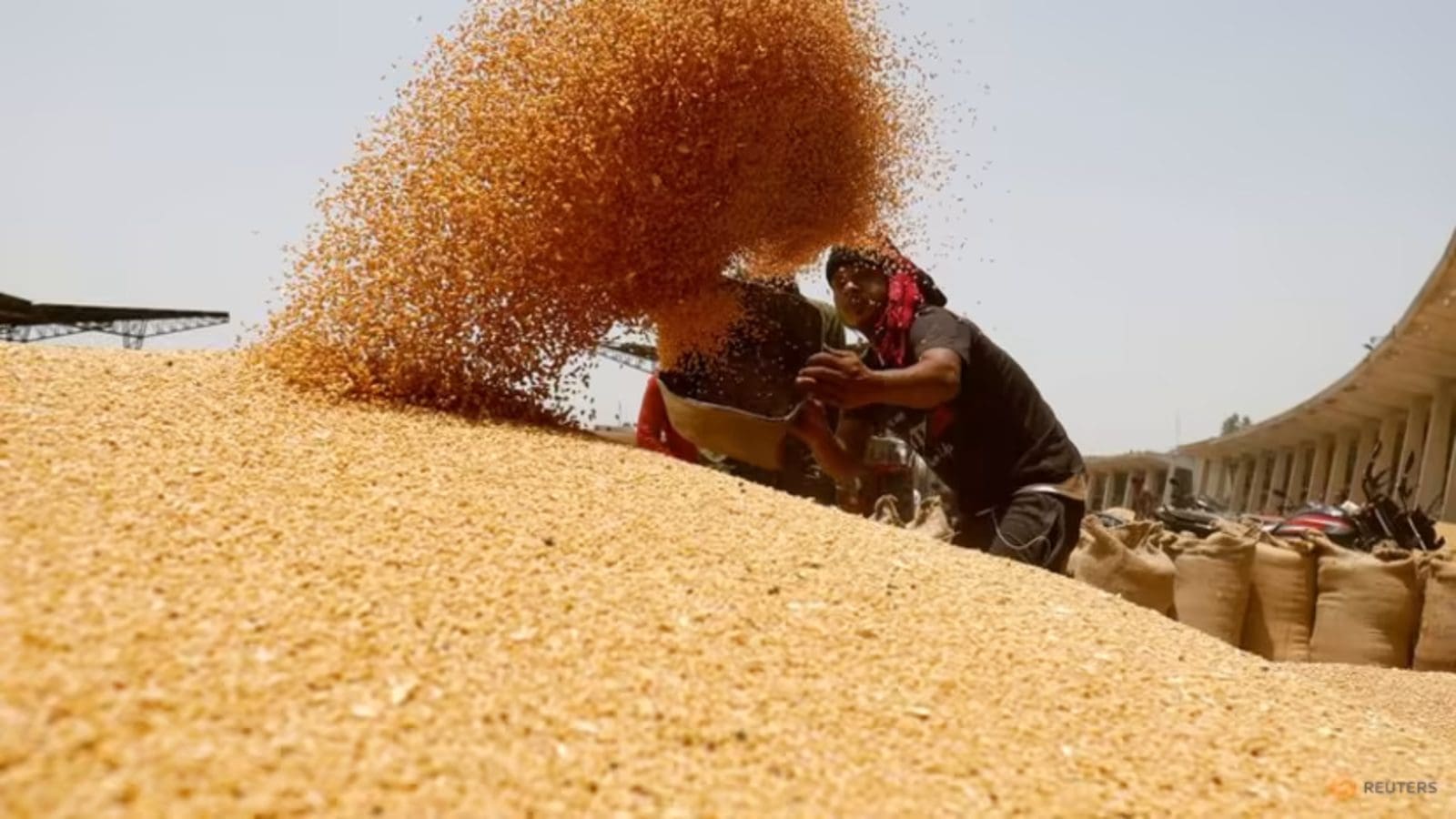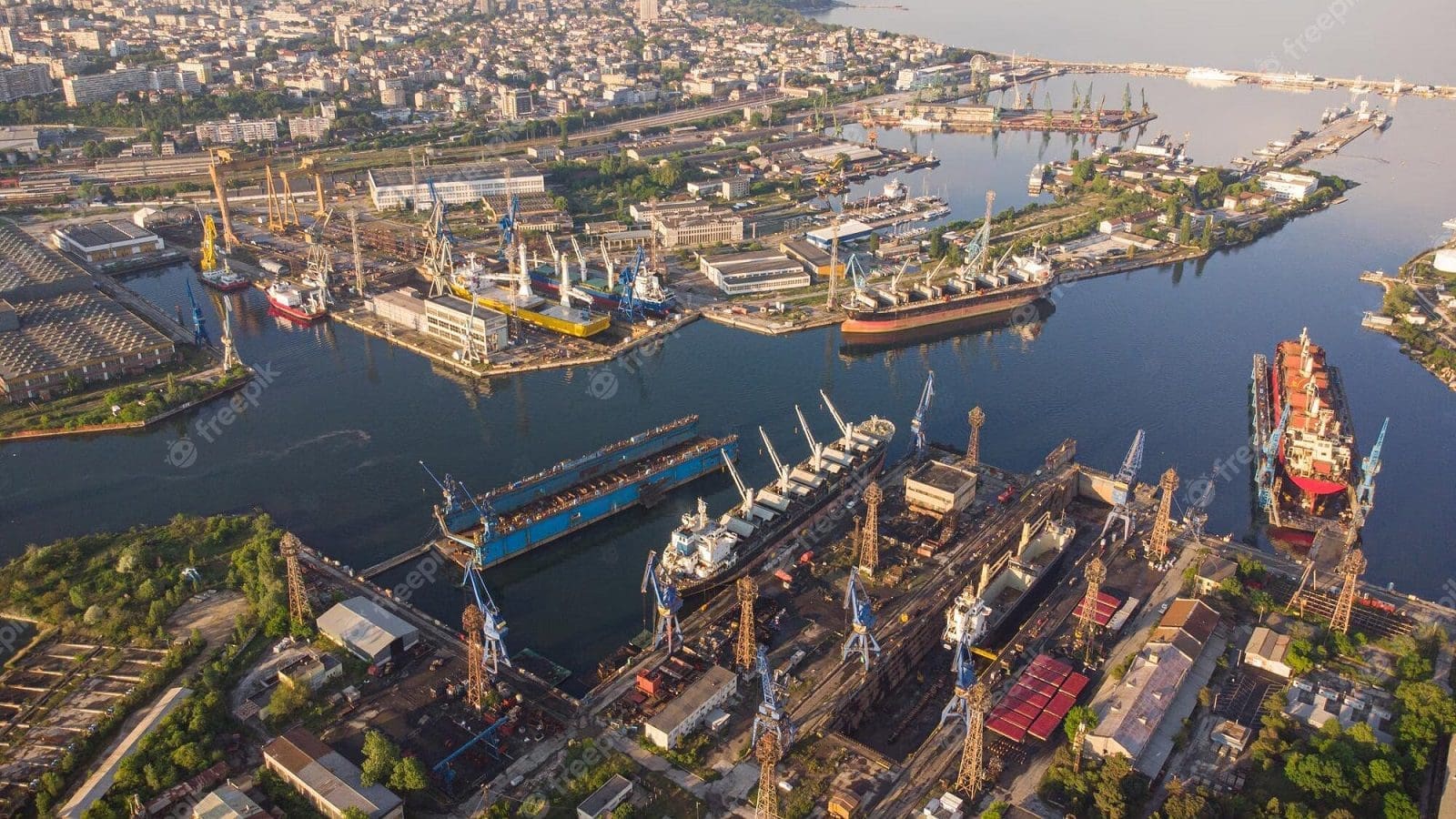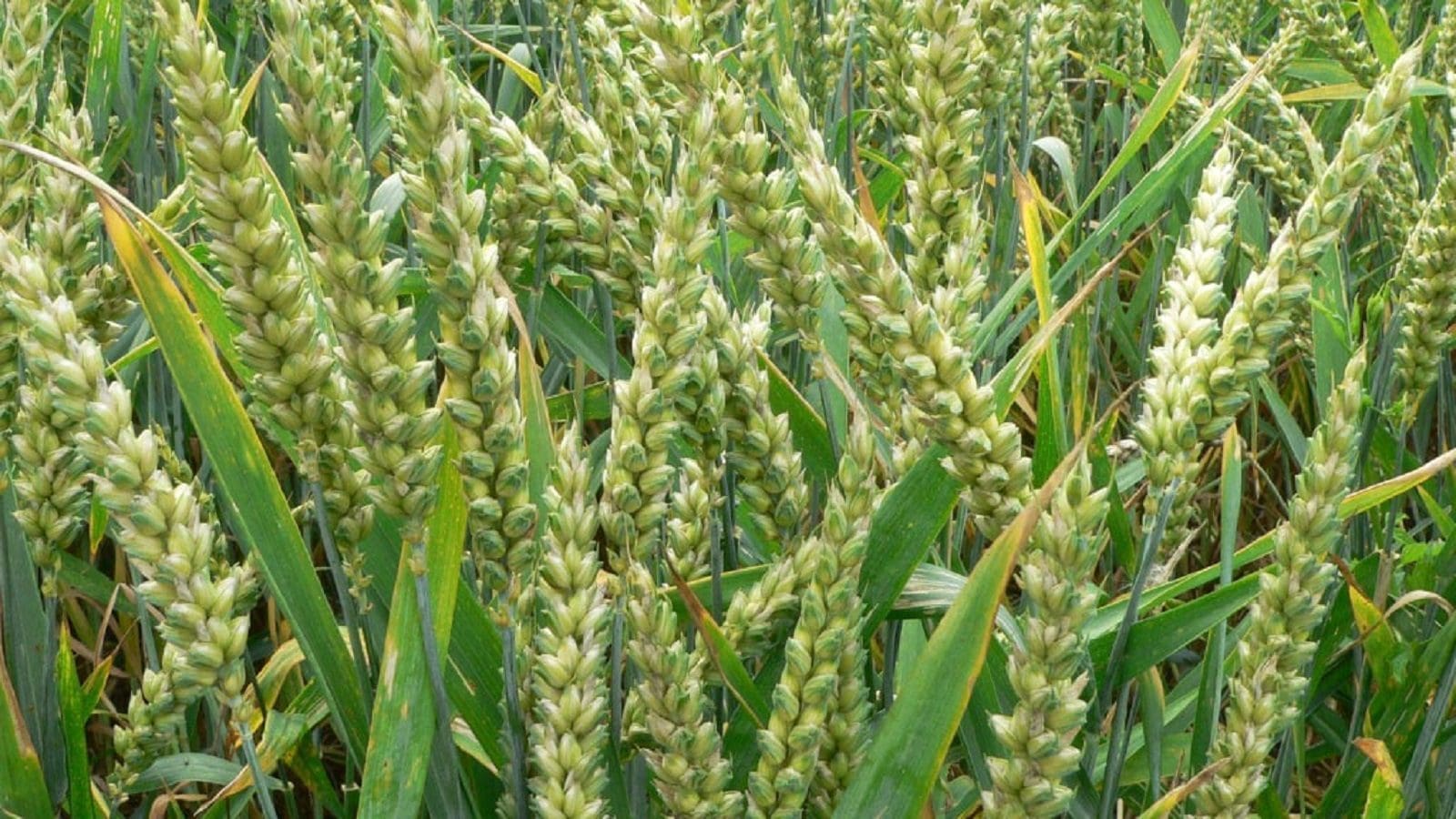PAKISTAN — The UN World Food Programme (WFP) in partnership with the Food Department of the Government of Khyber Pakhtunkhwa (KPK) has launched model 3,000-tonne wheat storage facility in Malakand, Pakistan.
The construction of this facility is part of the implementation of WFP Pakistan’s new Country Strategic Plan (CSP) 2023–2027, meant to strengthen food systems in the country and ensure food security.
In recent months, wheat flour prices have soared in Pakistan due to a deficiency of wheat resulting from factors such as the Russia-Ukraine war and the floods in Pakistan in 2022, threatening the country’s food security.
“During the recent floods, it was painfully obvious that much needs to be done to help protect and manage one of Pakistan’s most precious commodities – wheat,” said Chris Kaye, country director for the WFP.
This newly-constructed facility provides the country with storage for wheat purchases, and could potentially reduce the local prices for the crop.
“This facility will act as a model with its improved design and testing facility which we hope to replicate in other areas of KPK given the need for expanded storage facilities in the province,” said the Additional Secretary of the Food Department.
The storage facility in KPK also includes a training facility, office area, and wheat testing laboratory.
The training facility will help build the capacities of Food Department staff and other partners in wheat storage management, while the testing lab will allow the government to avail safe and quality wheat grain to consumers.
French grain industry benefits from Ukraine war
Meanwhile, the war in Ukraine has propelled France to the world’s fourth-largest exporter of wheat — and making one of its ports known as Rouen and its 18,000 workers a key player in the global market.
According to a report by Reuters, intense fighting in Ukraine and its disruption of trade saw Rouen handle a record loading of five million tonnes in the first half of 2022 which is usually the port’s low point of the year
“We’ve had unusual destinations such as Pakistan, Iran, India and Saudi Arabia. And countries like Algeria, which had shifted toward the Black Sea, have come back,” said Manuel Gaborieau, head of cereals development at Haropa Port, which manages Rouen.
Overall, France exported an “unprecedented” €11 billion worth of grains last year, a 60 percent surge from the year before, said Jean-Francois Loiseau, president of the Intercereales producers’ group.
The gain is directly linked to the war in Ukraine, which upended grain markets and saw wheat prices soar to €400 a tonne in May 2022, double the price of July 2021, he said.
For all the latest food industry news from Africa and the World, subscribe to our NEWSLETTER, follow us on Twitter and LinkedIn, like us on Facebook and subscribe to our YouTube channel


